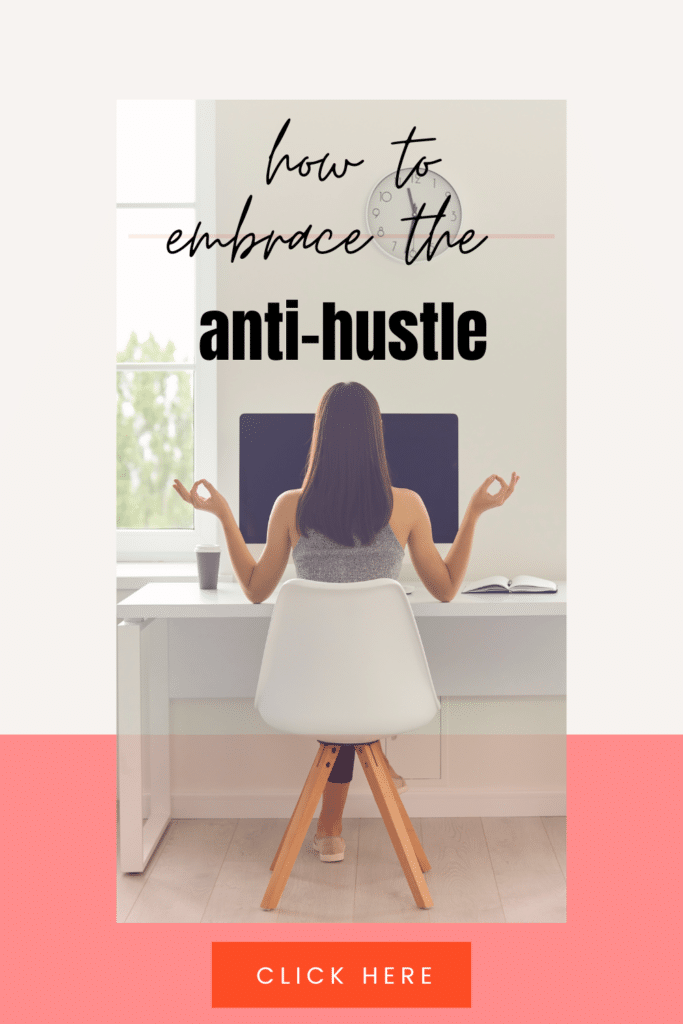Why Hustle Culture is Toxic to Productivity and How to Embrace the Anti Hustle Movement
In the current day and age of tech and self-made entrepreneurs, phrases like “rise and grind” have become catchy memes and part of our daily vernacular–this is what’s known as “Hustle Culture.” The notion is that the more you work, the more successful you become—money, fame, and power are just around the corner–if you’re willing to sacrifice everything else. This is toxic productivity. Social media is flooded with inspirational quotes about the “grind,” where 14-hour workdays are celebrated and where sleep is considered an inconvenient necessity rather than a vital health requirement. Instead, for the sake of your health, embrace the anti hustle culture movement.
Let’s start with the basics. Hustle culture is a cultural idea that working hard long hours is how you succeed. It’s a culture where you sacrifice self care and give your all to your job or career. Spoiler alert, it usually results in burnout.

I know from experience that idolizing hustle culture is toxic.
It was when I sold half my business, started a morning routine, moved away, and spent time daily reading, meditating, being in nature, journaling, and working on personal development that I realized that grinding hadn’t been serving me. I had reached burnout. After stepping back, it was this break and clarification that I needed to reset my frame of thinking to approach my career and business in a new way. Now I have work life balance. I still run a successful business, but I have help. I still work a full time job, but I’m able to create boundaries for off time. It’s made me a much healthier, happier individual. This is why I’m such an advocate for the anti hustle movement.
So why does America glorify the hustle culture in the first place? It’s an extension of the American Dream. It ties into the nation’s historical narrative of self-made success. It emphasizes hard work and suggests that relentless effort is the path to success. Hustle culture narrows the focus to work, often glorifying overwork to the point of burnout. Hustle culture can be seen as a one-dimensional, extreme version of the American Dream, but it’s toxic to actual productivity.

The quantity of hours worked doesn’t necessarily equate to quality or success. Prolonged periods of work without adequate rest can lead to burnout. This is key to the anti hustle movement. When you’re rested, you’re actually more creative and in a better state to get into a workflow that produces quality.
Embracing the Anti Hustle Culture Movement
The anti hustle culture movement doesn’t mean that you shouldn’t work hard or pursue your dreams. It emphasizes balance, mental well-being, and the importance of rest. In this paradigm, productivity isn’t just about doing more in less time, but doing better work in a sustainable way. Mindfulness, meaningful work, and periods of rest are all key elements of this approach. The anti-hustle culture is about balance. It leaves time for the important things in life–loved ones, health, and self care.
When you take breaks and refill your cup, you are able to come up with fresh ideas, be more productive, and more creative. This can actually improve your quality of work; it’s more effective than grinding away.
So you understand why hustle culture is toxic, and you want to change, but how?
How to be a part of the anti hustle movement
1.Prioritize Work-Life Balance: Actively schedule time for leisure, family, and self-care, rather than squeezing them in as an afterthought. Understand that your value is not solely tied to your work output. Create boundaries between work and personal life, and stick to them.
2. Practice Mindfulness: Learn to be present in whatever you’re doing, whether it’s work or play. Mindfulness allows you to tune into your needs and feelings, reducing stress and promoting a more balanced lifestyle.
3. Quality Over Quantity: Instead of trying to do everything, focus on doing a few things well. This applies to both work tasks and personal goals. This shift in mindset prioritizes meaningful engagement over sheer volume of activity.
4. Reject the 24/7 Availability Norm: Turn off work-related notifications during off-hours and establish “quiet periods” where you unplug from all digital devices. Make it clear to employers, clients, and even friends that you have times when you’re not available.
5. Celebrate Small Wins: In hustle culture, the focus is often on big goals and achievements. In the anti hustle movement, every step forward is worth celebrating. Take the time to celebrate small victories. Recognizing small wins can offer a more sustained sense of accomplishment and well-being.
By incorporating these principles into your daily routine, you can disentangle yourself from the pressures of hustle culture and lead a more balanced, fulfilling life.

This may be a big change from the hustle culture you’re used to.
Try implementing just one or two of these tips at a time to ease yourself into the anti hustle movement. Like anything, it will become a habit, and you can slowly reframe your thinking and routines to create more balance. Incrementally adding in new practices is the key to success and transforming the toxic work habits you may be used to.
We may all know that successful person who seems to work, work, work all the time. When I first bought my business, I spent nearly all of my waking hours working on it. Granted, there was a lot to do. I idolized career-focused individuals who worked a lot. My own role model was a successful businessman who did this. It was a rough few years to learn that this isn’t how to succeed, but I gradually changed over time.
Hustle culture may look appealing on the surface, but it carries significant costs to your mental health and wellbeing, relationships, and quality of life. By detaching from the toxic hustle culture and embracing a more balanced approach, you can foster a more fulfilling and sustainable path to success.
Want to know one of my favorite ways to slow down and avoid hustle culture? It’s with a morning routine! My Morning Rituals Guide is how I recovered from burnout and gave up hustle culture for good, in a mere 10 minutes a day.









